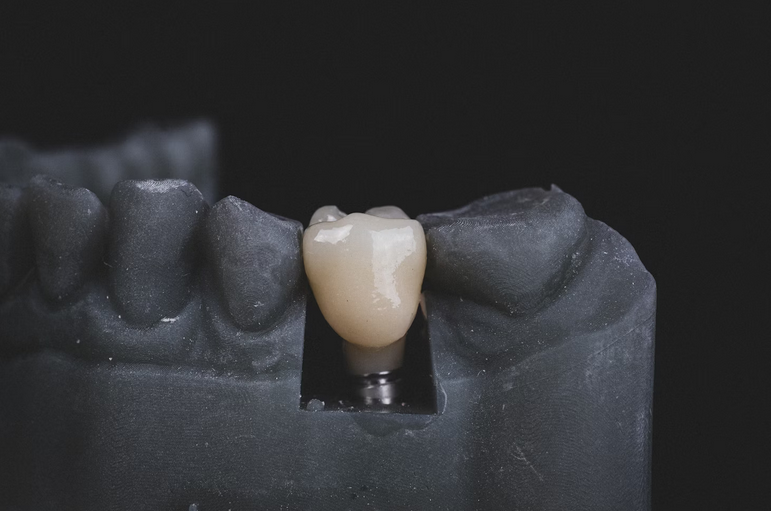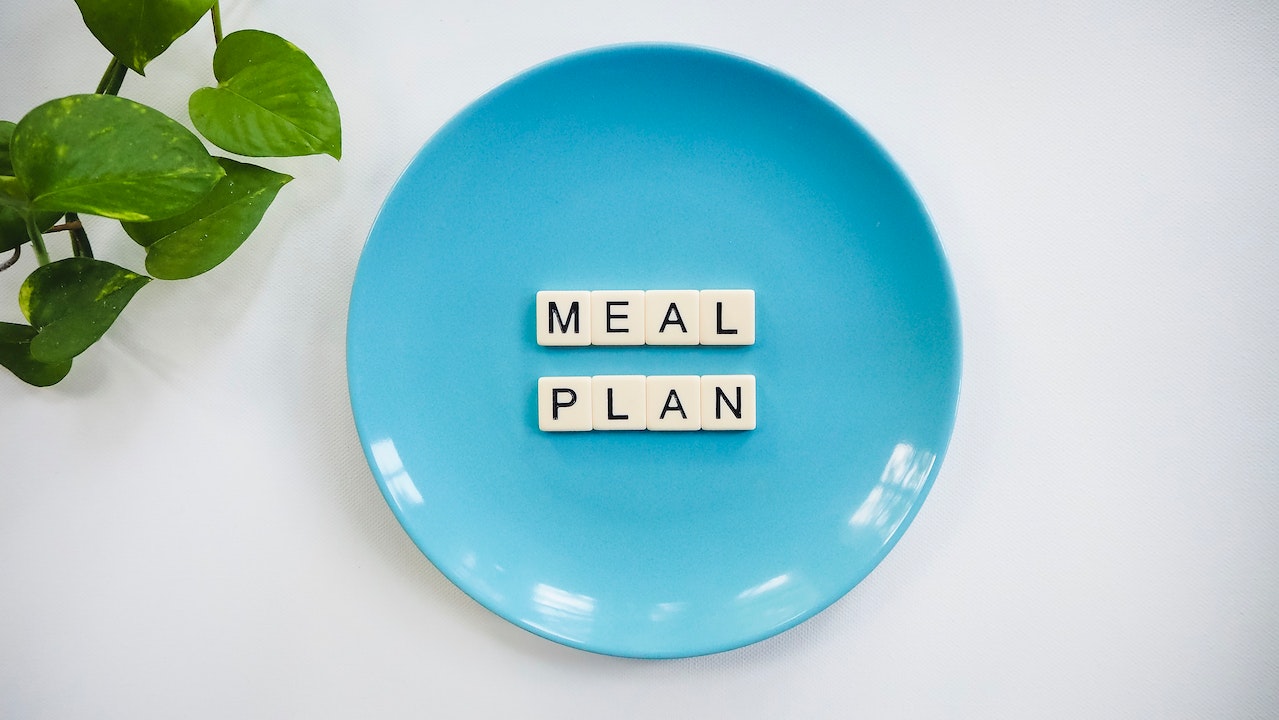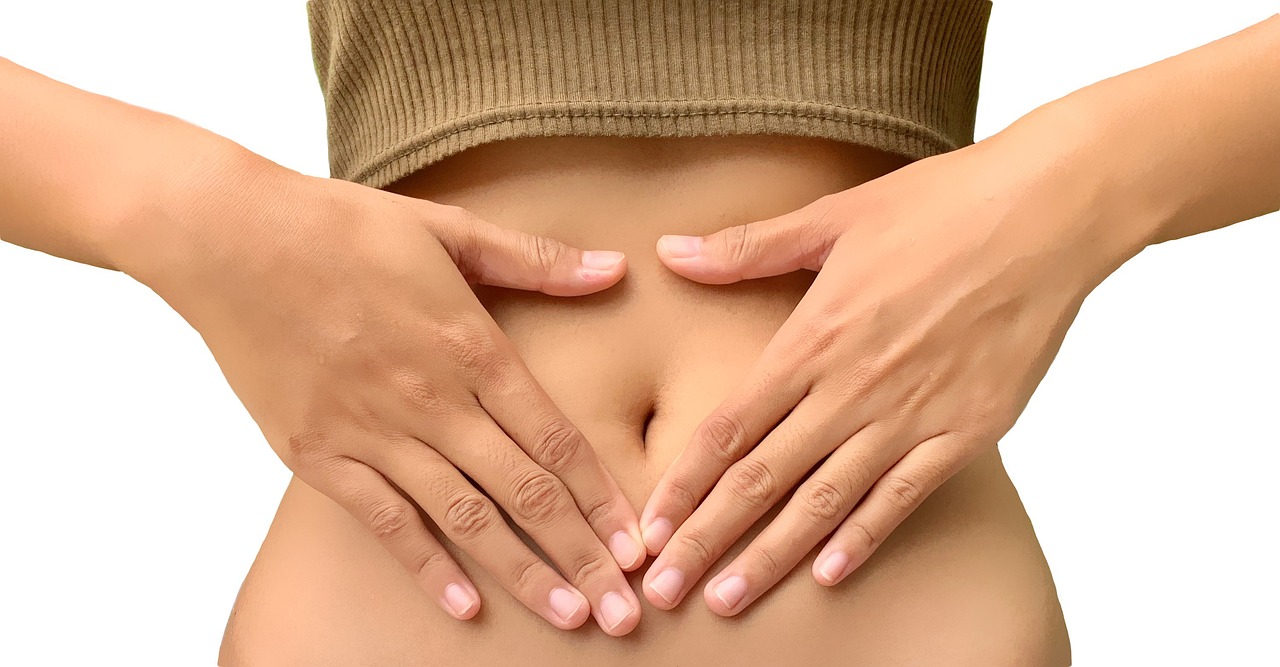Author: Linda Bishop
What to Expect After Getting Dental Implants
- by Linda Bishop
Dental implants have become a popular and effective solution for replacing missing teeth, offering a long-lasting, natural-looking option. However, like any surgical procedure, getting dental implants Hampstead requires careful consideration of the recovery process and what to expect after the procedure. Knowing the post-operative experience can help ease anxiety and prepare you for the journey ahead. Here’s what to expect after dental implants and how to manage the recovery process for the best possible results.
Mild Discomfort
It is typical to have soreness, edema, and bruising around the implant site following surgery. This is your body’s natural reaction to the surgery; these symptoms often resolve within a few days. Your dentist will prescribe medicine for the pain or recommend over-the-counter pain remedies to alleviate the discomfort.
Healing Time and Post-Surgery Care
The initial healing stage after dental implant surgery typically takes a few days to a week. It’s crucial to carefully follow your dentist’s post-operative care instructions during this time. This may include not eating hard or crunchy foods, maintaining proper oral hygiene, and using an antiseptic mouthwash to prevent infection. You’ll likely be advised to stick to a soft diet at the beginning to avoid putting too much pressure on the implant site. Foods such as yogurt, mashed potatoes, scrambled eggs, and smoothies are ideal for healing.
Osseointegration Process
Among the critical phases of dental implant recovery is osseointegration, which is the process of the implant fusing with the jawbone. This process ensures the implant becomes securely anchored in the bone, providing a stable foundation for the replacement tooth. Osseointegration typically takes several months, usually between a quarter to half a year, depending on the individual’s bone health and healing ability. During this time, avoiding putting excessive pressure on the implant is essential.
Gradual Return to Normal Activities

While the initial recovery period may require you to take it easy for a few days, some patients can resume their regular activities within a week. However, avoiding strenuous physical activities, such as heavy lifting or intense exercise, is essential for at least a week after surgery. Physical exertion can increase blood flow and cause swelling, which may delay healing. After the first week, you can gradually return to your routine, but be cautious when engaging in activities that could put stress on the implant area.
Regular Follow-up Appointments
Regular follow-up appointments with your dentist are essential to monitor the healing process and ensure the implant integrates properly with the jawbone. These checkups allow your dentist to assess the progress of osseointegration, identify any potential issues, and make necessary adjustments to your treatment plan.
Long-Term Care of Dental Implants
Your dental implant will work normally when the healing process is completed and the permanent crown is put. However, maintaining proper oral hygiene is critical to the long-term success of your dental implants. Brushing and flossing on a regular basis, as well as seeing your dentist for routine cleanings and examinations, will help maintain the health of your implant and surrounding teeth. …
Read MoreThe Health Benefits of Meal Planning
- by Linda Bishop
It is no secret that a healthy lifestyle can lead to excellent overall health, but finding the time and energy to keep up with our diets can be difficult for many of us. This is especially true when it comes to meal planning. Many celebrities are known to have the support of a nutritionist or chef to help plan their meals, but thankfully anyone can benefit from meal planning without having to hire additional help. Here, we will talk about the health benefits of meal planning.
Promotes Healthy Weight
 One of the health benefits of meal planning is that it can help you maintain a healthy weight. By planning out your meals, it is easier to give in to cravings and unhealthy habits. When you have a well-planned menu for the week, however, you know what food items you need for each meal and how much of each item you need for each meal. This will help you to avoid overeating and unhealthy snacking that can cause weight gain.
One of the health benefits of meal planning is that it can help you maintain a healthy weight. By planning out your meals, it is easier to give in to cravings and unhealthy habits. When you have a well-planned menu for the week, however, you know what food items you need for each meal and how much of each item you need for each meal. This will help you to avoid overeating and unhealthy snacking that can cause weight gain.
While some people like to meal plan to lose weight, others take weight loss supplements to achieve their goals. If you are interested to know about the best weight loss pills for women, you should read the ABC Action News Article.

Improves Nutrition
Another health benefit of meal planning is that it can help you to improve your nutrition. Having a plan for the week will allow you to ensure that you get adequate amounts of all the essential nutrients and vitamins needed for a balanced diet. You can also make sure that you are not missing out on any important food groups, such as proteins and fats, which can help you to maintain healthy energy levels throughout the day. According to research, many people miss out on essential vitamins and minerals when they don’t plan their meals. This can hurt their health, as deficiencies in certain nutrients. Many people also report that they are more likely to try new, healthy recipes when they meal plan, as it allows them to do so.
Reduces Risk of Developing Illnesses
 Finally, meal planning can help reduce your risk of developing illnesses. Eating a balanced diet rich in fruits and vegetables can provide many essential vitamins and minerals that will keep your body healthy and strong. In addition, when you can plan out meals ahead of time, avoiding unhealthy habits such as eating out at fast food restaurants becomes much easier. This can lead to fewer incidences of illnesses that are caused by unhealthy eating habits.
Finally, meal planning can help reduce your risk of developing illnesses. Eating a balanced diet rich in fruits and vegetables can provide many essential vitamins and minerals that will keep your body healthy and strong. In addition, when you can plan out meals ahead of time, avoiding unhealthy habits such as eating out at fast food restaurants becomes much easier. This can lead to fewer incidences of illnesses that are caused by unhealthy eating habits.
Some studies have even shown that those who meal plan are less likely to suffer from chronic diseases such as diabetes and high blood pressure. Which is why you should consider doing it also. Meal planning is a great way to maintain your health and well-being. With careful planning, you can improve your nutrition, better manage your weight and reduce the risk of developing serious illnesses. Meal planning may take some time to get used to, but …
Read MoreProbiotics Foods You Didn’t Know Your Body Needs the Most
- by Linda Bishop
You’ve probably heard a lot about probiotics in the past few years. They are one of the latest health crazes, and for a good reason. Probiotics are beneficial bacteria that help keep your gut healthy. In fact, more and more people start consuming the best gut health pills every day. But what you may not know is that there are many different types of probiotics, and each one has its own unique set of benefits. Lucky for you, we’ve compiled a list of the five probiotic foods. These foods will surely provide your body with the necessary nutrients to maintain a healthy gut.
Yogurt
 Dated back to 5000 BC, yogurt is one of the oldest probiotic foods that is still used today. It is probably the most common probiotic food out there. Yogurt contains live and active cultures, which make it a great source of beneficial bacteria for your gut. Not to mention, you can also find yogurts that are enriched with additional vitamins and minerals like vitamin D and calcium to help boost your immune system. It’s recommended to have a serving of yogurt per day to maximize the probiotic benefits.
Dated back to 5000 BC, yogurt is one of the oldest probiotic foods that is still used today. It is probably the most common probiotic food out there. Yogurt contains live and active cultures, which make it a great source of beneficial bacteria for your gut. Not to mention, you can also find yogurts that are enriched with additional vitamins and minerals like vitamin D and calcium to help boost your immune system. It’s recommended to have a serving of yogurt per day to maximize the probiotic benefits.
Tempeh
Tempeh is made from cooked and slightly fermented soybeans, which makes it a great source of probiotics. The fermentation process helps to create a stronger concentration of beneficial bacteria that can provide your gut with the nutrients it needs. Tempeh is also rich in protein and dietary fiber, making it an ideal food for vegans or vegetarians. To get the most out of tempeh, it’s best to consume it in moderation. Not only will you get the probiotic benefits, but also all the other minerals and nutrients that come with it.

Kimchi
Kimchi is a traditional Korean side dish made from fermented cabbage and other vegetables. It is usually spicy but also contains beneficial bacteria that can help improve your gut health. Kimchi has a high concentration of lactic acid bacteria, which can help promote the growth of good bacteria in your digestive tract. Not to mention, it’s also rich in vitamins and minerals like vitamins A, C, and B-12. Kimchi can be used as a condiment or added to your meal for extra flavor.
Natto
 Natto is a traditional Japanese dish made from fermented soybeans. It has a strong flavor and slimy texture but also contains a large amount of probiotics. Natto is especially beneficial for those who have digestive problems or want to improve their gut health. The fermentation process helps to produce enzymes that can help break down food more efficiently, which in turn can help improve your digestion. Natto is also a great source of vitamin K2, which helps to promote healthy bones and blood clotting.
Natto is a traditional Japanese dish made from fermented soybeans. It has a strong flavor and slimy texture but also contains a large amount of probiotics. Natto is especially beneficial for those who have digestive problems or want to improve their gut health. The fermentation process helps to produce enzymes that can help break down food more efficiently, which in turn can help improve your digestion. Natto is also a great source of vitamin K2, which helps to promote healthy bones and blood clotting.
In short, these four probiotic foods are essential for a healthy gut. They can help promote the growth of beneficial bacteria and provide your body with the necessary vitamins and minerals. So if you’re looking to improve your overall health, make sure you add these five probiotic …
Read More



